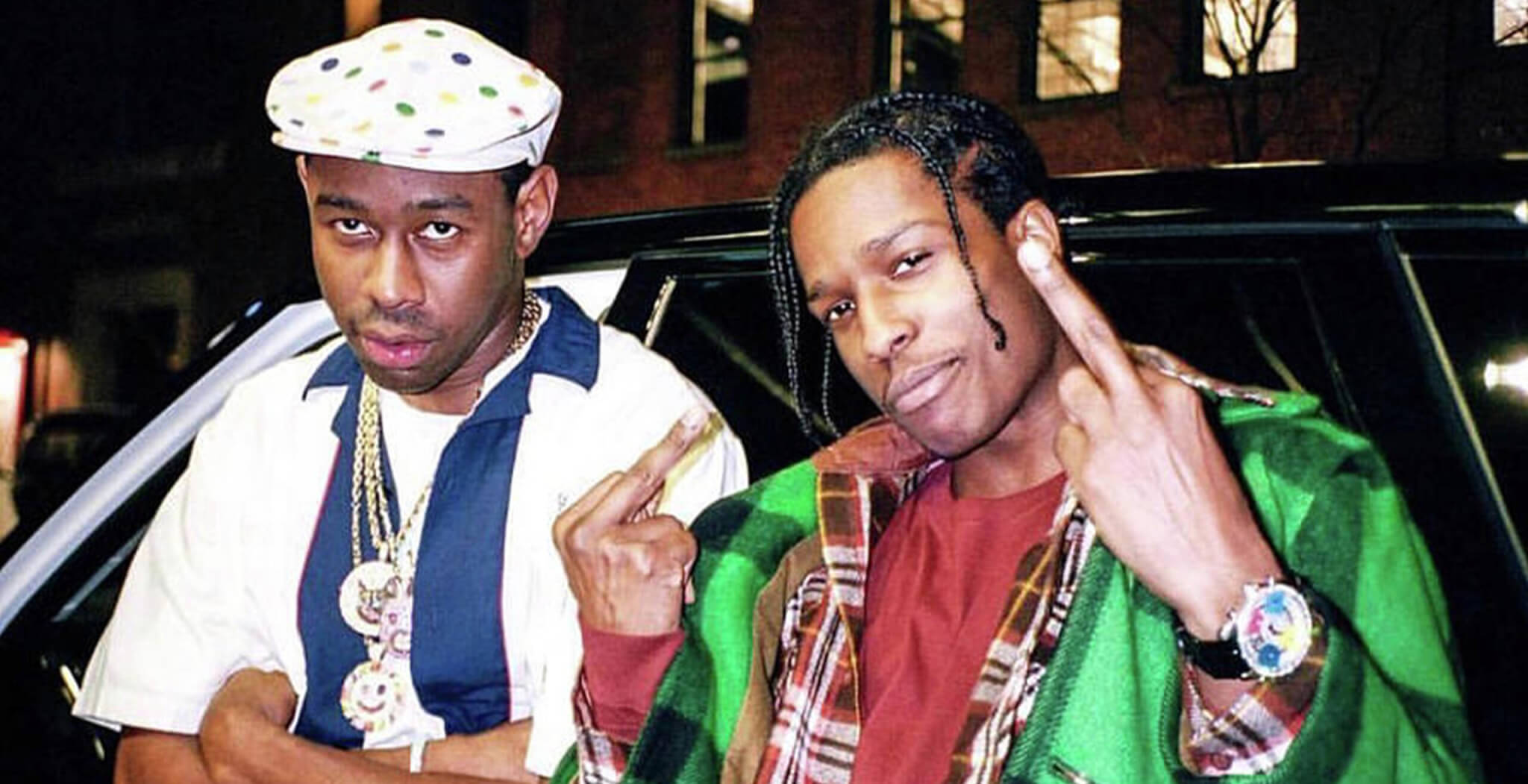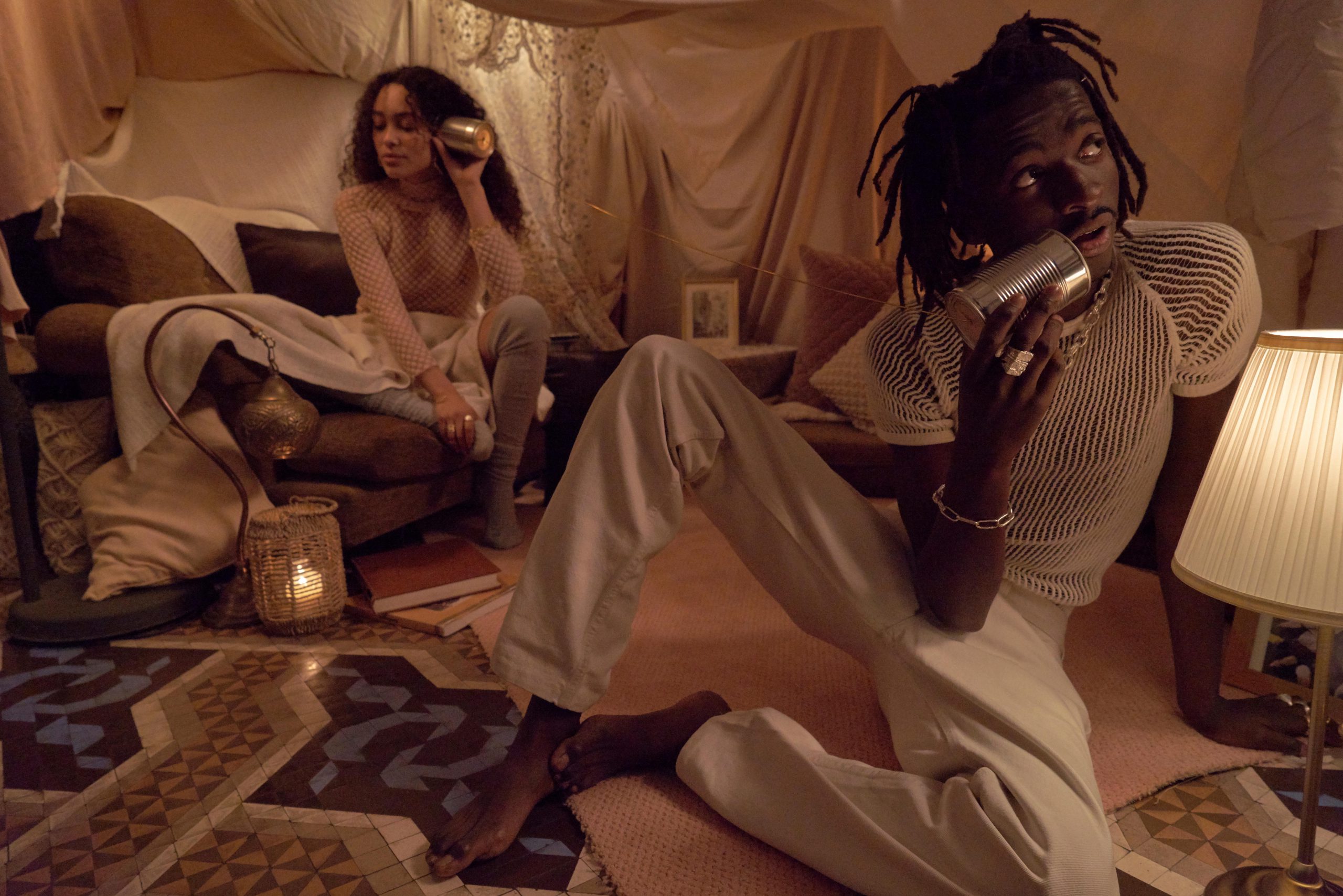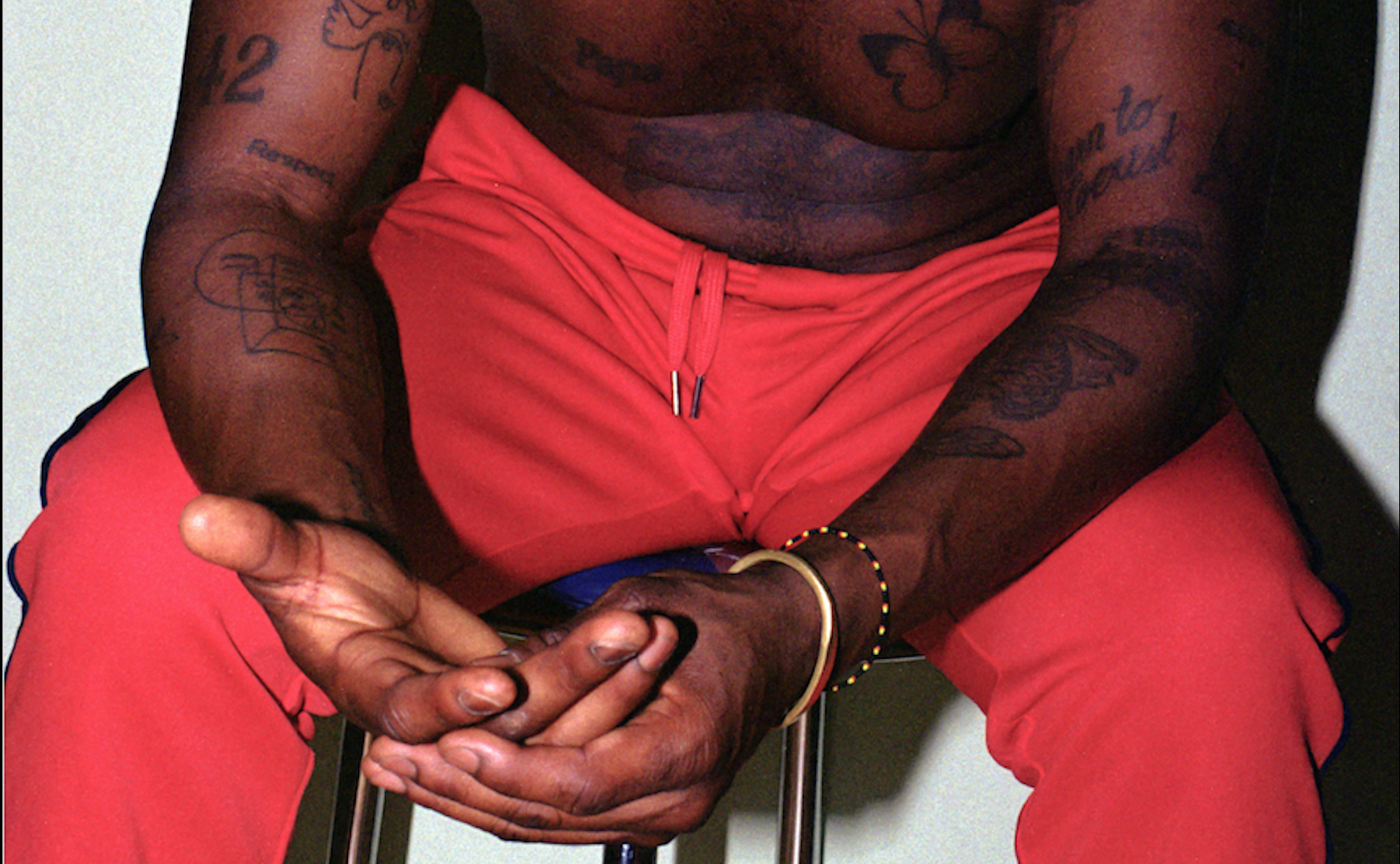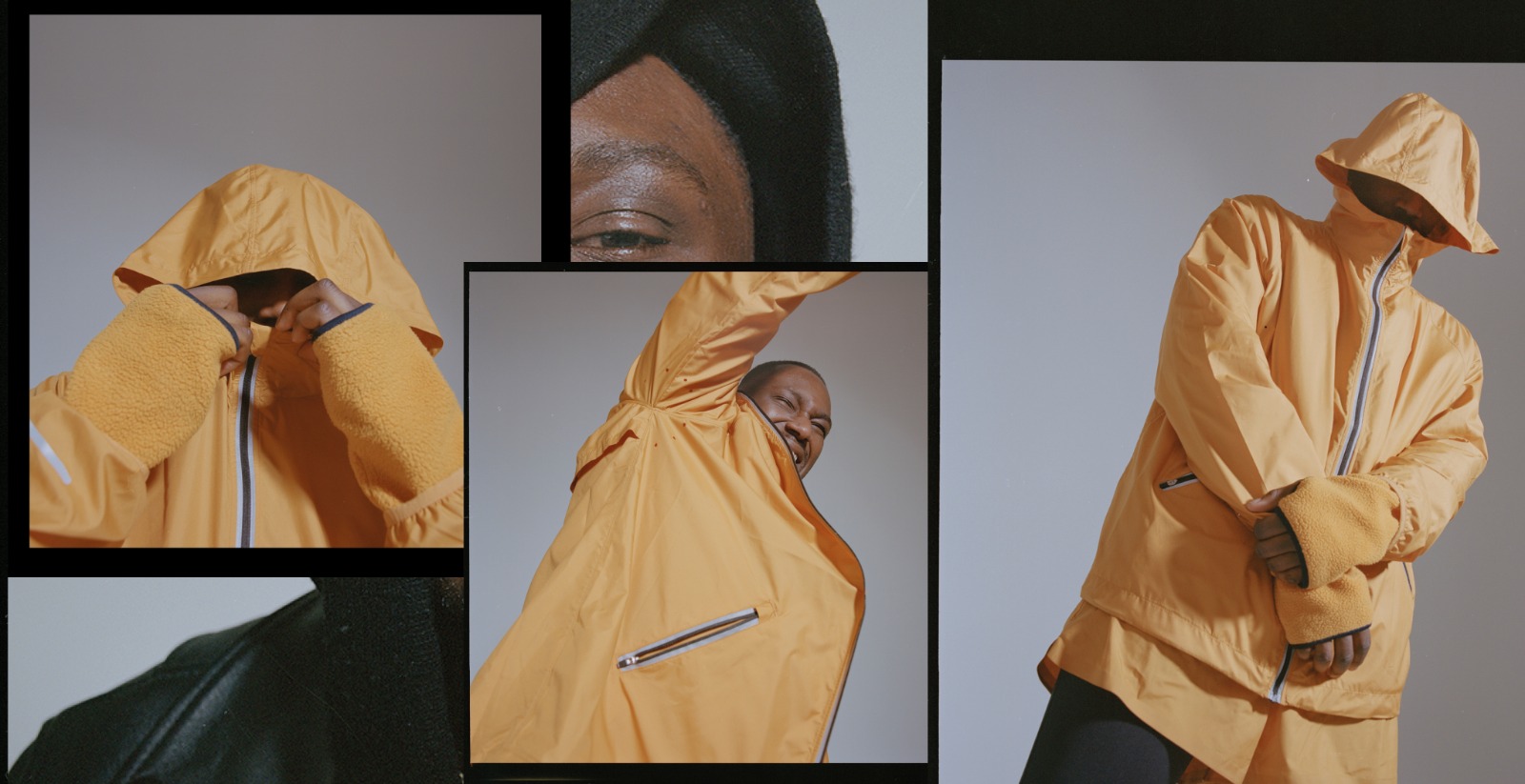Relationships play a significant role in shaping our lives and identities. However, it’s not only the relationships we have but also the ones we lack that impact us. When referring to the term “relationship” in the dictionary, it encompasses two meanings: 1. the connection and contact between individuals or groups, and 2. the internal connection and mutual relationship.
Informally, people often use the word “bubble” to describe an individual and their social environment. Typically, a bubble is formed by family ties, friendships, acquaintances, professional relationships, and personal interactions. Visualize it as numerous spheres, representing individuals, floating in bubbles of varying sizes. Some spheres connect, causing the bubbles to expand, while others separate, resulting in smaller bubbles. Certain connections endure throughout a lifetime.
In my own life, several relationships have undeniably shaped my character and journey. One such relationship is with my brother. We shared a carefree childhood, supported and loved by our parents. Until we each embarked on our independent lives, our sibling bond followed the conventional path within our bubble. We granted each other much but not everything. We occasionally argued, often over trivial matters or to vent our frustrations. We were physically close but mentally distant.
However, when our parents separated, this relationship underwent a profound transformation. Anger, sadness, and fear united us, eventually fostering deep trust. To this day, I struggle to grant the same level of trust to anyone else. My brother is the person who gives my life profound meaning and provides me with stability.
The relationships with my parents are also vital. In their unique ways, they have shown me what love truly feels like: unconditional love.
Reliability, devotion, and even self-sacrifice are traits I associate with my mother. I believe the latter is often associated with femininity, as many women tend to lose sight of their own goals and needs within relationships. This is not an accusation but rather a result of cultural and historical influences on our upbringing. Women are nurturers who take care of everything and everyone.
I too catch myself, although not to the same extent as my mother, exhibiting this behavior. I often feel responsible for those around me, which can make people feel comfortable in my presence. However, I do not have a motherly complex or treat others as a mother would care for her child. Instead, I believe this ability stems from empathy—I can sense when people are disappointed, angry, or even happy. While enriching, it can also be exhausting. I am gradually learning not to constantly extend my emotional reach. This ongoing process extends to all my relationships, be they friendships or romantic partnerships.
When should I prioritize self-care versus caring for others? When should I share my thoughts and expect evaluation? And when should I listen to my own instincts?
In addition to care, reliability, and simply being present for each other, two other crucial aspects influence relationships and the individuals involved. First, time plays a significant role: the more time we spend together, the more experiences we share, and the more facets of each other we discover. People often say, “We’ve been through thick and thin” when referring to exceptionally close and enduring relationships.
In both romantic and friendship contexts, sharing is another crucial aspect. By sharing, I don’t mean material possessions but rather emotions. Being able to laugh, grieve, get angry, and simply be silent together. I believe this type of sharing requires a foundation of a meaningful relationship.
However, as with any of my writings, there’s always a “but.” So, let’s conclude with this thought:
Through the relationships that have accompanied my life, I have gained valuable insights into others and myself. Yet, I still struggle with accepting the finite nature of relationships. The fear of abandonment
often influences my behavior, causing me to withdraw before the other person does. I may initiate arguments preemptively, fearing reproach. I convince myself that it’s over before it even has a chance to fall apart.
However, the impermanence of relationships is an inherent part of life, much like death. And that, too, is a positive aspect. I don’t yearn to live forever, and in the same vein, relationships must also have their natural course.
By acknowledging the transient nature of relationships, I can embrace the present moment and cherish the connections I have, knowing that they may evolve, change, or come to an end. It’s a lesson I am still learning, a journey of acceptance and letting go.
Ultimately, relationships are intricate and profound, shaping us and our lives. They teach us about ourselves, the world, and the interconnectedness we share. They bring joy, love, and growth, but they also require effort, vulnerability, and understanding.
In the tapestry of relationships, we navigate the delicate balance of self-care and care for others. We learn when to express our thoughts and seek evaluation and when to trust our own intuition. And amidst it all, we discover the beauty of being present, embracing the ebb and flow of connections that enrich our existence.
So, as I continue to learn, grow, and explore the intricacies of relationships, I welcome both their impermanence and the profound impact they have on our lives.
Click HERE to read another of Kathrin’s columns.



























